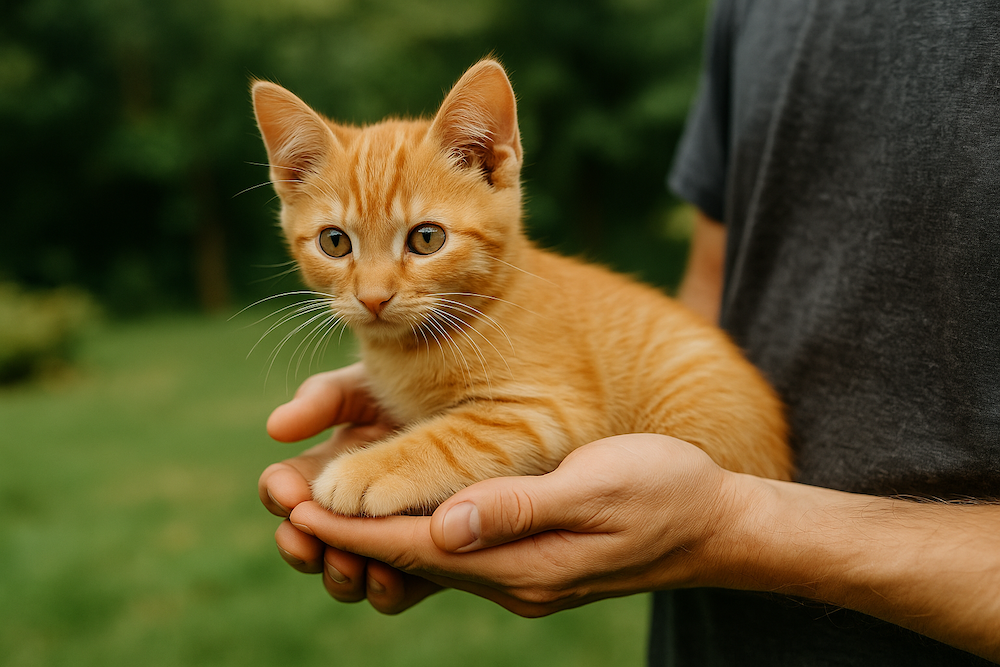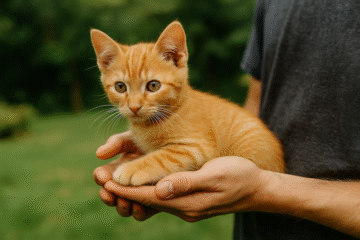
Selling Kittens or Cats in Florida? Here’s What to Know
Thinking of selling kittens or cats in Florida? Whether you’re a first-time cat owner with a surprise litter or a registered breeder, it’s important to understand your responsibilities and the laws involved in selling pets in the Sunshine State.
Here’s a clear, step-by-step guide to help you sell safely, legally, and responsibly — all while finding loving homes for your furry companions.
🐱 1. Know the Florida Pet Sale Laws
Florida has statewide laws and some county-specific regulations related to animal sales. Here’s what you should keep in mind:
- Health Certificate Required: Florida law requires a veterinarian-issued Official Certificate of Veterinary Inspection (CVI) for any cat or kitten being sold or transferred. This certificate confirms the animal is healthy and up to date on vaccines.
- Age Limit: Kittens must be at least 8 weeks old before being sold or adopted out. Selling underage kittens is considered animal neglect in some counties.
- Licensing for Frequent Sellers: If you’re regularly breeding and selling cats, you may be considered a “pet dealer” and required to register with your county animal control or agriculture department. Regulations vary by county (e.g., Miami-Dade, Broward, and Orange counties have specific requirements).
📸 2. Create a Trustworthy and Detailed Listing
Listings that are honest and informative attract the most serious and responsible buyers. Be sure to include:
- Clear, recent photos (individual and group shots)
- Breed (or best estimate), coat type, and color
- Age and gender
- Health and vaccination status
- Personality traits (e.g., playful, shy, affectionate)
- Any rehoming fee or price
- Whether they’re litter-trained, spayed/neutered, etc.
🖱️ You can easily create a listing on PetSalesFlorida.com for free, and connect with cat lovers near you.
🧾 3. Set a Fair Rehoming Fee or Price
While many kittens are given away for free, setting a reasonable fee helps ensure the buyer is serious and capable of providing proper care. Avoid prices that are too high, as that may discourage good homes — and always explain what the fee covers (e.g., vaccinations, food, care).
🩺 4. Health & Safety First
Before listing your kittens for sale:
- Visit a licensed veterinarian for checkups and vaccines.
- Ask your vet for a Certificate of Veterinary Inspection (CVI) for each kitten.
- Avoid early separation — kittens should stay with their mother until 8-10 weeks of age for healthy development.
Also, consider microchipping, especially for high-value or purebred cats.
🔍 5. Screen Potential Buyers
To avoid scams, backyard breeders, or pet flippers, always screen interested buyers:
- Ask about their home environment and experience with pets.
- Make sure they understand long-term cat care (diet, litter box, indoor safety).
- Consider offering a simple adoption agreement outlining responsibilities.
Trust your instincts — if someone feels off, move on.
🏡 6. Meet Safely and Locally
Meet buyers in a safe, public place or your home if you’re comfortable — and never ship animals unless you’re experienced and legally allowed to. In-person handoffs are the safest and best way to ensure a successful transition.
📑 7. Keep Records
For your own protection and peace of mind, keep:
- A copy of the buyer’s name and contact info
- A signed receipt or agreement
- Vet and vaccine records
This helps avoid disputes and gives buyers confidence in your transparency.
✅ Ready to List? Start Here!
Whether you’re selling Persian kittens, Maine Coons, or playful mixed breeds, PetSalesFlorida.com makes the process fast, safe, and local. You can:
- Post detailed listings for free
- Communicate with potential adopters securely
- Access tips and resources for safe rehoming
💡 Final Tip:
Always prioritize the well-being of the animals. Avoid selling to pet stores or unverified buyers. Responsible rehoming helps protect cats from neglect or abuse — and ensures they find the loving homes they deserve.











